Fix The Tix
Fix The Tix
Fix The Tix State Model Legislation
Consumers are being defrauded every day by predatory ticket resellers. In the wake of the Taylor Swift onsale disaster in November 2022, legislators in states across the U.S. began to ramp up the introduction and consideration of ticketing bills. The Fix the Tix, which represents every major constituency in the live events space, has crafted model legislation that represents its interests and the interests of consumers.
This state legislation is supported by a united front of artists, fans, major and indie recording labels, independent venues, promoters, performing arts centers, universities, managers, agents, and more. Together, they stand as a barrier against the predatory resale platforms and secondary sellers that have exploited fans and artists for far too long.

The Fighting Against Corrupt Ticketing (FACT) Act aims to enhance consumer protection in the event ticketing market by regulating the sale and resale of tickets, improving transparency, and preventing predatory and deceptive practices. To learn more about the key provisions included in the legislation, browse the section-by-section summary of the FACT Act below.
FACT Act Model Legislation
-
Establishes key definitions, including primary ticket sellers, secondary ticket exchanges, speculative tickets, bots, and fan clubs, ensuring clarity for all parties involved in ticket sales.
-
Requires primary sellers, issuers, secondary exchanges, and resellers to provide clear, itemized price details (including fees and taxes) and seat information before a buyer submits payment.
-
Prohibits selling tickets that a reseller does not own or have under contract, preventing deceptive practices.
-
Prevents reselling tickets before their initial public or authorized presale release. Bars ticket resellers and exchanges from accessing and reselling fan club presale tickets.
-
Allows artists and venues to impose transfer restrictions if clearly disclosed. Tickets are considered licenses, and venues may set conditions, including purchase limits and conduct rules.
-
Mandates full refunds (including fees) within 10 days if tickets are counterfeit, events are canceled, or tickets do not match their descriptions.
-
Prohibits unauthorized use of artists’ or venues’ names, logos, and other intellectual property and bans misleading affiliations or claims of being “official” without consent.
-
Outlaws using bots or other methods to bypass online sales limits and security measures. Primary ticketing platforms must report attempts to evade restrictions.
-
Empowers artists to prohibit price gouging of tickets (including fees) in the terms of conditions of each ticket.
-
Requires annual registration for resellers selling 100+ tickets above face value, excluding bulk season packages. Resellers must disclose identifying information and submit biannual sales reports.
-
Obligates registered resellers to hold a minimum $10,000 surety bond to cover consumer losses due to undelivered tickets or fraud.
-
Exchanges must verify reseller compliance, keep records, and report non-compliance. They must also submit biannual data on sales activities to the state agency.
-
If a reseller fails to deliver tickets, consumers can claim compensation (including travel expenses) from the reseller’s bond, with the exchange overseeing the payment process.
-
Allows the state agency to conduct audits of resellers and exchanges, who must cooperate and provide records to ensure compliance.
-
Requires the state agency to maintain and publicly post an up-to-date registry of event ticket resellers and note any violations within the past five years.
-
Permits the state agency to revoke a reseller’s registration for 1 to 5 years if they violate the Act.
-
Treats violations as unfair or deceptive acts. Imposes substantial daily and per-ticket fines, with increased penalties for intentional violations. Establishes a reporting mechanism for public complaints, requires annual enforcement reporting, and enables the agency to collect and enforce penalties.
FACT Act Key Provisions
If you'd like to request the full text of the model legislation, please contact advocacy@nivassoc.org.
How To Pitch State Legislators
This guide provides key talking points, data, and solutions you need to effectively pitch the FACT Act to your state legislators. It outlines the harms of predatory ticket resale practices—such as price gouging, fake tickets, and hidden fees—and explains how these issues hurt fans, artists, venues, and local economies. With actionable solutions like banning bots, requiring upfront pricing, and empowering artists to control resale terms, the FACT Act prioritizes consumer protection and fair competition.

Legislation 101:
Key Features of Fan-Centric vs Anti-Fan Ticketing Bills
Statewide Ban on Speculative & Fake Tickets
Prevents the sale of tickets that do not exist or cannot be validated.
Statewide Ban on Spoof Websites
Bans sites that impersonate official venue or artist pages to mislead fans.
Transparency in Pricing
Requires full itemization of ticket prices, including fees, at the beginning of the ticket sale.
Accountability for Professional Resellers
Requires professional ticket resellers to register at the state level to ensure oversight.
Refunds for Invalid Tickets
Mandates secondary sellers to refund fans if tickets do not allow entry to a show.
Consumer Protection Reporting Portal
Establishes a state-level platform for fans, artists, and venues to report violations.
Enforcement and Penalties
Provides strong enforcement provisions with fines for violators of the ticketing law.
Price Gouging Restrictions
Price Gouging Restrictions
Fan-Centric
Unlimited Transferability for Resellers
Allows secondary resellers to transfer tickets freely, enabling exploitation by scalpers.
Forced Access to Venue Data Systems for Resellers
Requires venues to give back-end data access to secondary sellers, providing them with primary tickets and fan data.
Sharing of Private Ticketing Data
Forces venues to disclose private ticketing data to secondary resellers, breaching consumer privacy.
Speculative or Fake Tickets with Fine Print
Allows speculative or fake tickets to be sold if disclosed only in fine print, which may not be visible to fans.
Prohibited Terms and Conditions
Bans consumer protections like delayed ticket transfers or restrictions on resale terms, often benefiting resellers at fans’ expense.
Allowing Refunds After Non-Use of Tickets
Enables resellers to buy tickets, skip the event, and still demand a refund, harming the venue and legitimate fans.
Anti-Fan




